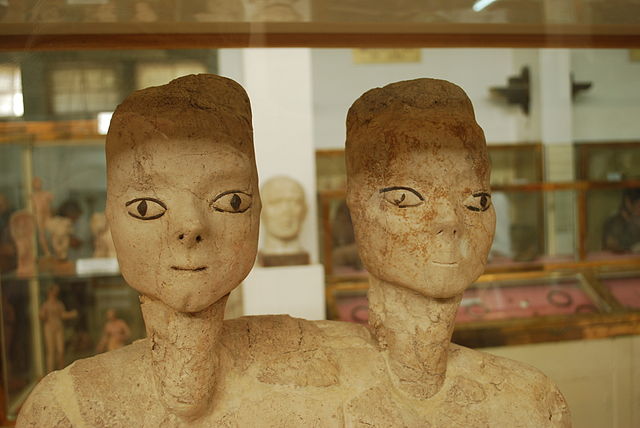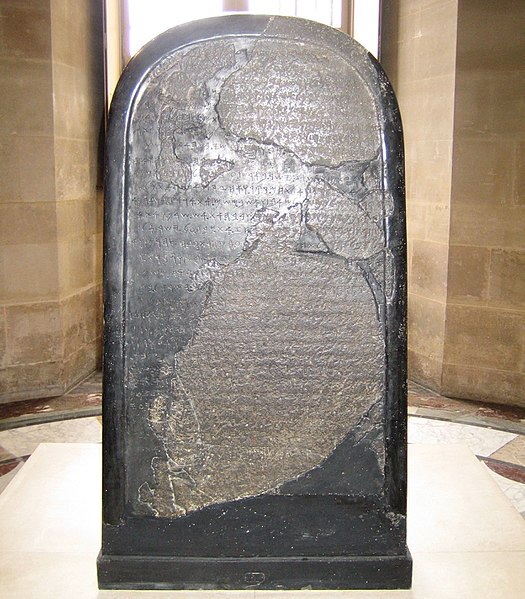The Howeitat or Huwaitat are a large Judhami tribe that inhabits areas of present-day southern Jordan, the Sinai Peninsula and Sharqia governate in Egypt, the Negev, and northwestern Saudi Arabia. The Howeitat have several branches, notably the Ibn Jazi, the Abu Tayi, the Anjaddat, and the Sulaymanniyin, in addition to a number of associated tribes.
Sheikh Auda Abu Tayi and men of his tribe with a group of officers of the Arab Army in 1916.
Auda abu Tayi, chief of the Howeitat tribe, offers allegiance to King Faisal in 1917.
Jordan, officially the Hashemite Kingdom of Jordan, is a country in the Southern Levant region of West Asia. Jordan is bordered by Syria to the north, Iraq to the east, Saudi Arabia to the south, and the occupied Palestinian territory of the West Bank and Israel to the west. The Jordan River, flowing into the Dead Sea, is located along the country's western border. Jordan has a small coastline along the Red Sea in its southwest, separated by the Gulf of Aqaba from Egypt. Amman is Jordan's capital and largest city, as well as the most populous city in the Levant.
The 'Ain Ghazal Statues (c. 7250 BC) uncovered in Amman are some of the oldest human statues ever found.
The Mesha Stele (c. 840 BC) records the glory of Mesha, King of Moab, displayed at the Louvre Museum.
Petra, one of the New 7 Wonders of the World, contains Al-Khazneh, believed to be the mausoleum of the Nabataean King Aretas IV, 1st century AD
The Oval Forum of Jerash (c. 1st century AD), then member of the ten-city Greco-Roman league, the Decapolis, seven of which are present in modern-day Jordan.






